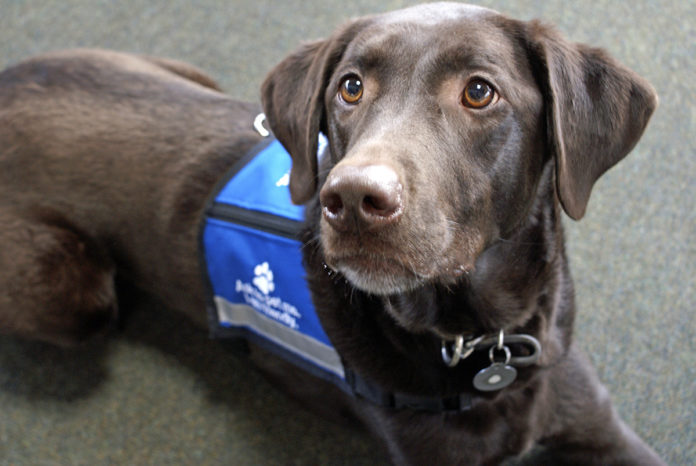A dear friend had emergency brain surgery this week. During the ensuing chaos, one of his two cats went missing. Something as simple as listing the missing critter on Nextdoor turned into, well, a cat fight. Suddenly, in the middle of the pain and anguish of this medical emergency, I was pelted with droves of emails, subject line: Missing cat, owner in ICU.
Peppered among the kind thoughts for the feline, Buster Posie’s, safe recovery were far too many poorly-timed comments on our irresponsibility and much more. After days of angst, we found the cat (in the attached garage) and best of all, my friend is recovering from surgery.
This lack of civility is nothing to write home about.
For the record, there were always at least two animals in my house when I was growing up and before my allergies kicked in. I also confess that I’m completely addicted to animal videos (vines) on YouTube. And frankly, I believe that a good bird dog is worth his weight in gold.
However, even the mention of “emotional support animals” chokes me up. My eyes become scratchy, watery and red, and my throat feels like I’ve swallowed a hair ball. Once the symptoms start it takes at least a day or more to recover.
I carry a doctor’s letter when I travel so as not to be seated next to an emotional support animal, but in my experience “emotional comfort” outguns “allergic reaction” on the accommodation food chain every time. To make matters worse, there has been a proliferation of people who feel it necessary to travel with their animals. Nearly 76,000 emotional support animals flew last year, double the number of the year before said United. I don’t doubt it.
Can’t we all just get along?
Maybe. This week United, Delta and a number of other airlines tightened their restrictions on transporting an emotional support animal, effective immediately. The new rules affect only emotional support animals, not trained service animals (the ones in the official vests, pictured). The move has been commended by the Association of Flight Attendants.
Under the rules, passengers flying with an emotional support animal will have to provide: a vet health and vaccination form signed by the animal’s veterinarian; a letter from a mental health professional; a signed form that their emotional support animal is trained to behave properly in public settings and a form that the passenger acknowledges responsibility for the animal’s behavior. All documents must be provided to United 48 hours in advance of the flight.
Is this a sign of things to come in the world of apartment operations? Emotional support animals have long been a hot topic in apartments. In fact, I’ll be facilitating what promises to be a lively discussion at NAA Apartmentalize in San Diego in June. Our speed round session: ADA: Comfort Animals Rising will include attorney and litigator, Martha Lafferty (often called the Erin Brockovitch of civil rights) and Greg Proctor, VP of compliance at RealPage. I, along with my doctor’s note, will emcee the lightening round version of this topic and what it means to your properties in the future.














